Yaku Pérez: I am willing to work with Guillermo Lasso 1:09
(CNN) -
They wouldn't find him dead in a suit.
Instead of a necktie, Yaku Pérez wears a Wiphala, a multi-colored flag that symbolizes indigenous identity in the Andes.
Her long black hair hangs freely or is tied in a ponytail, although she has worn a Panama hat on the campaign trail.
A long time ago he changed his Christian name from Carlos to Yaku, which means "water" in Quechua, although he has kept his Spanish surname.
The 51-year-old lawyer, human rights activist and environmentalist was the surprise contender on Sunday when Ecuador held its first round of presidential elections with a record 16 candidates.
At the time of writing this report, Pérez was practically tied for second with Guillermo Lasso, the 65-year-old banker from Guayaquil who is running for the third time for president in the country of 17 million people.
Both candidates were close to 20% of the vote.
Andrés Arauz, a former government minister and protégé of former President Rafael Correa (2007 to 2017), who defends an ideology that he calls "21st century socialism," was ahead with more than 32%.
"The results of the National Electoral Council put me in second place," Pérez told CNN Sunday night, calling his claim "irrefutable."
"In addition, my electoral control team tells me that our advantage [over Lasso] is greater and we are in a virtual tie with Arauz," he said, although, at the time of writing this article, the electoral authorities had yet to confirm which two candidates they are advancing to the second round.
advertising
LOOK
: Yaku Pérez: "I extend my hands to all the candidates who stayed and did not make it to the ballot"
Previous polls showed that Arauz and Lasso were the two most likely candidates to advance to the second round to be held on April 11.
More than 13 million voters are registered to vote in the Andean country where voting is mandatory for citizens between the ages of 18 and 65.
If Pérez derails what is believed to be Lasso's last chance at the presidency, he will be a weak opponent who beats the odds.
Otherwise, it will remain a political force to be reckoned with.
His political movement is on the verge of becoming an influential voting bloc in Ecuador's unicameral National Assembly.
“We are definitely in the second round and there is joy and enthusiasm throughout Ecuador.
It gives hope to people who see that honesty and reconciliation have begun to take shape across the country, "Pérez told CNN.
Pérez leads the Pachakutik Movement, a political wing of the National Confederation of Indigenous Nationalities of Ecuador (CONAIE).
While Arauz tried to scare voters into rejecting a banker and Lasso warns of the evils of socialism, Pérez has sought to appeal to the better nature of voters.
"I invite you all to join me in writing a new story, a story where we will punish corruption and breathe honesty in Ecuador," the former mayor of the province of Azuay (2019-2020) said recently in a political announcement.
Although he describes himself as a leftist, Pérez seems to have benefited from distancing himself from former President Correa, a violent populist and highly polarizing socialist who frequently criticized the United States, the business sector and the press.
Pérez says he offers an alternative to Ecuadorians who want an honest government that respects people's rights and protects the environment, while seeking social justice and caring for the poor.
He says he wants to end the polarization that marked Correa's 10 years in power.
“It is not a leftist ideology that persecutes and criminalizes social protest and gags journalists, but a leftist ideology that promotes the environment and a sense of community;
a leftist ideology that does not see nature as something inert that can be exploited, but a living being to which we all belong, ”said Pérez.
The environmentalist said in a recent interview that he has been jailed four times for fighting for the right to water in indigenous communities.
Pérez raises his thumb while riding a bike during a campaign rally in Machachi, Ecuador, last month.
On the other hand, the Correa government was accused of persecuting members of the press.
"The biggest adversary [for Ecuador] has been the corrupt and commercializing press," he once said on national television while he was president.
Correa, 57, has been in exile in Belgium for more than three years.
He was convicted of corruption charges in absentia last April and, given that he was sentenced to eight years in prison, he would (in theory) be arrested if he returns.
As he was convicted, he was also barred from running again for political office.
Yet from a distance, Correa, an American-educated economist, remains a powerful actor in his country's political life.
At just 36 years old (his birthday was on Saturday), Arauz was catapulted onto the national political scene by being a minister in the Correa government and embracing the political ideology and style of government of his mentor.
MIRA
: Andrés Arauz talks about winning the presidency of Ecuador: Correa will be one of my main advisers, that does not mean that he will govern
"Even more important than the return of Rafael Correa, the man, is the return of the policies implemented during his government, as well as his model of government and his legacy," Arauz said in an interview with EFE, a Spanish news agency.
Arauz has also said that he believes Correa's conviction and sentence should be reviewed.
Rosalía Arteaga, who was vice president of Ecuador for several months in 1996 and 1997 and then president for a few days in 1997 (after Congress declared President Abdalá Bucaram incapable of governing), explained why Correa's populism, despite his conviction and sentencing remains popular with many voters.
“I think history will tell in the long run how we can define these [government models] that can sometimes seem like left-wing populism and that appeal strongly to people's feelings and a certain sense of nostalgia for the past that seems prosperous, but that undoubtedly left us important consequences such as a huge public debt and very few means to get out of this situation, "Arteaga told CNN.
Meanwhile, Pérez is already talking about forging coalitions.
"We are going to make alliances with all sectors that join our fight against corruption and fight for national reconciliation," he told CNN.
Given that any candidate is unlikely to cross the threshold of obtaining more than 40% of the vote while being ten percentage points ahead of his closest rival, Ecuador appears poised for a runoff on April 11.
The winner will be sworn in as the new president of Ecuador on May 24.
If elected, Pérez says that he will begin fighting against the "many pandemics" that Ecuador suffers: "The corruption pandemic, the pandemic of violence against women and the covid-19 pandemic that did not cause the political, financial and moral crisis that the country suffers «.
Ecuador Elections

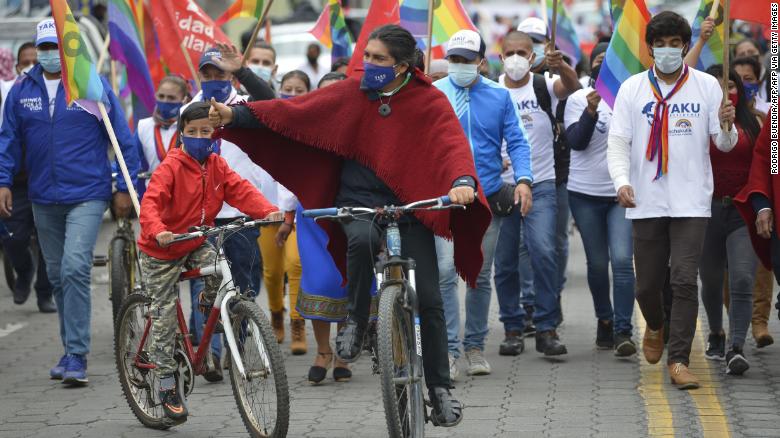
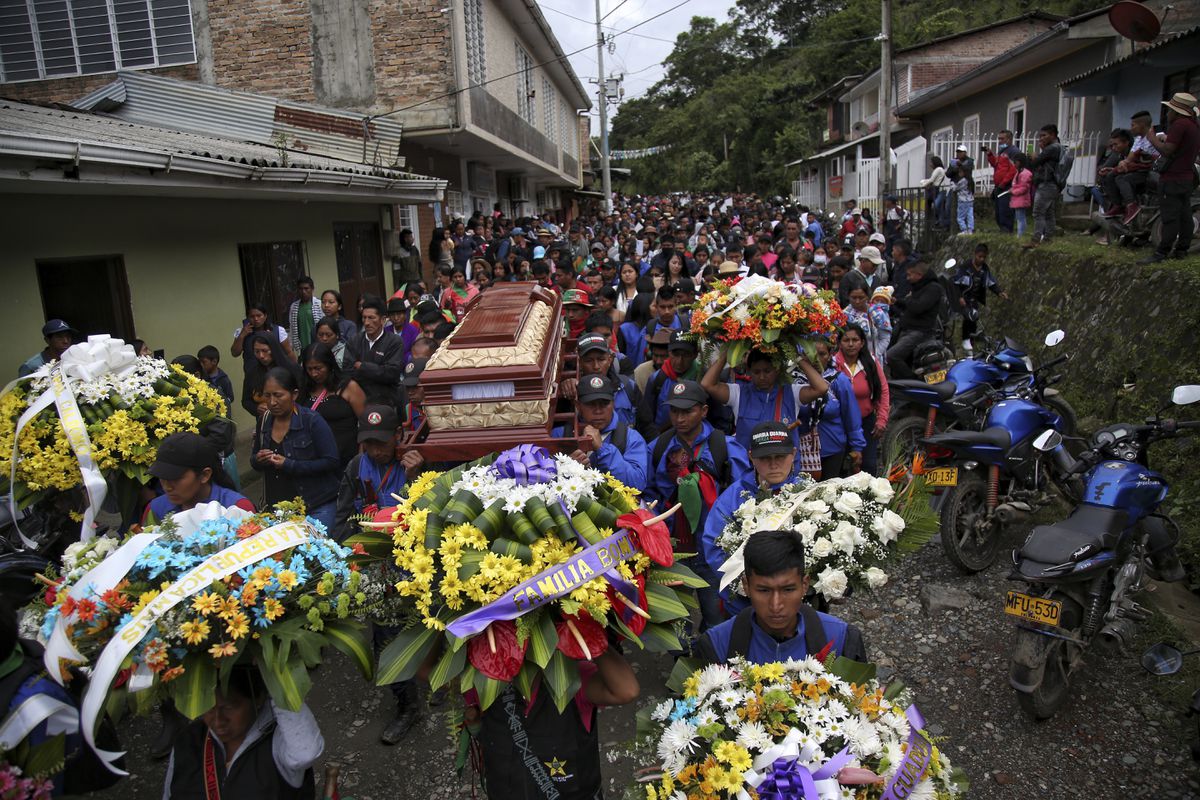
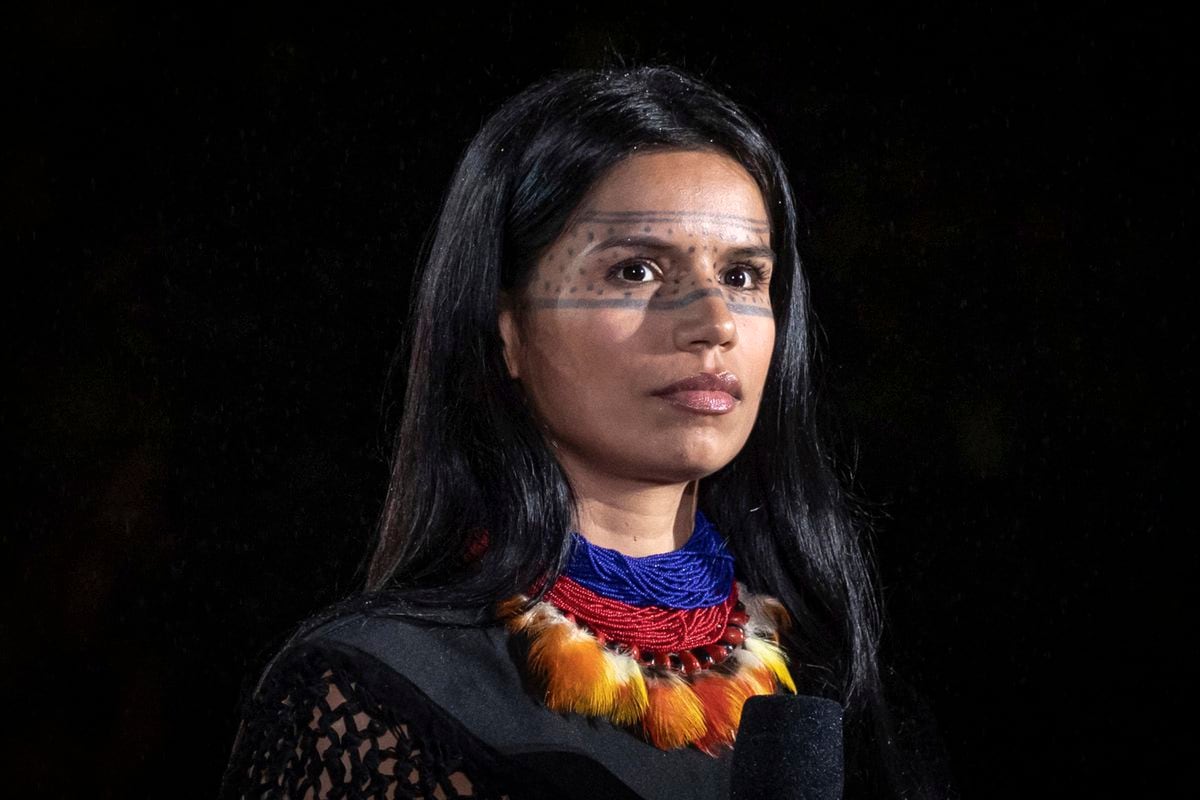

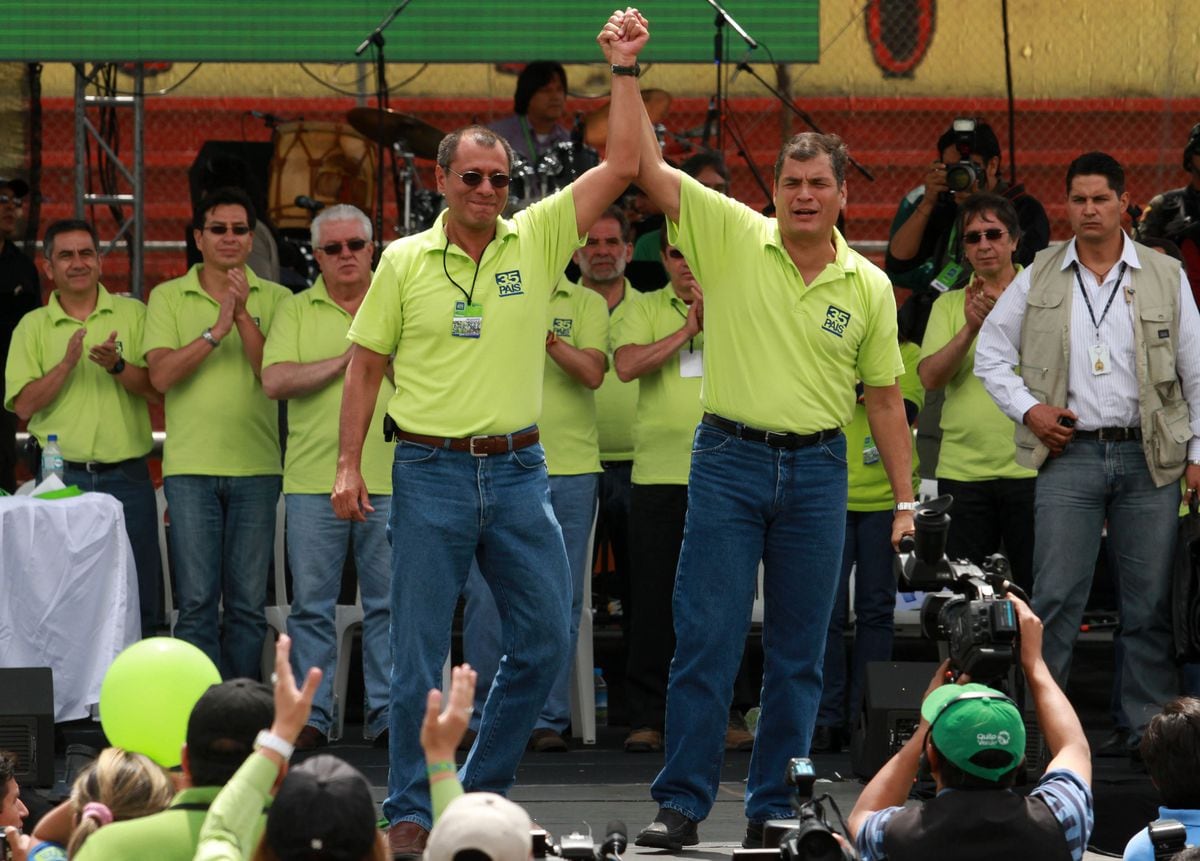
/cloudfront-eu-central-1.images.arcpublishing.com/prisa/3XWMNFY3U4PW5MVFYFBSATU6KI.jpg)
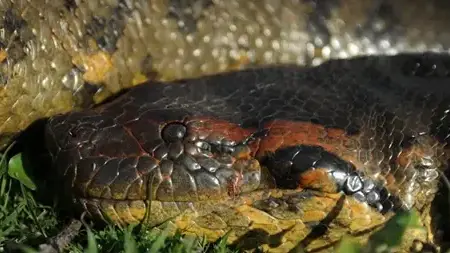
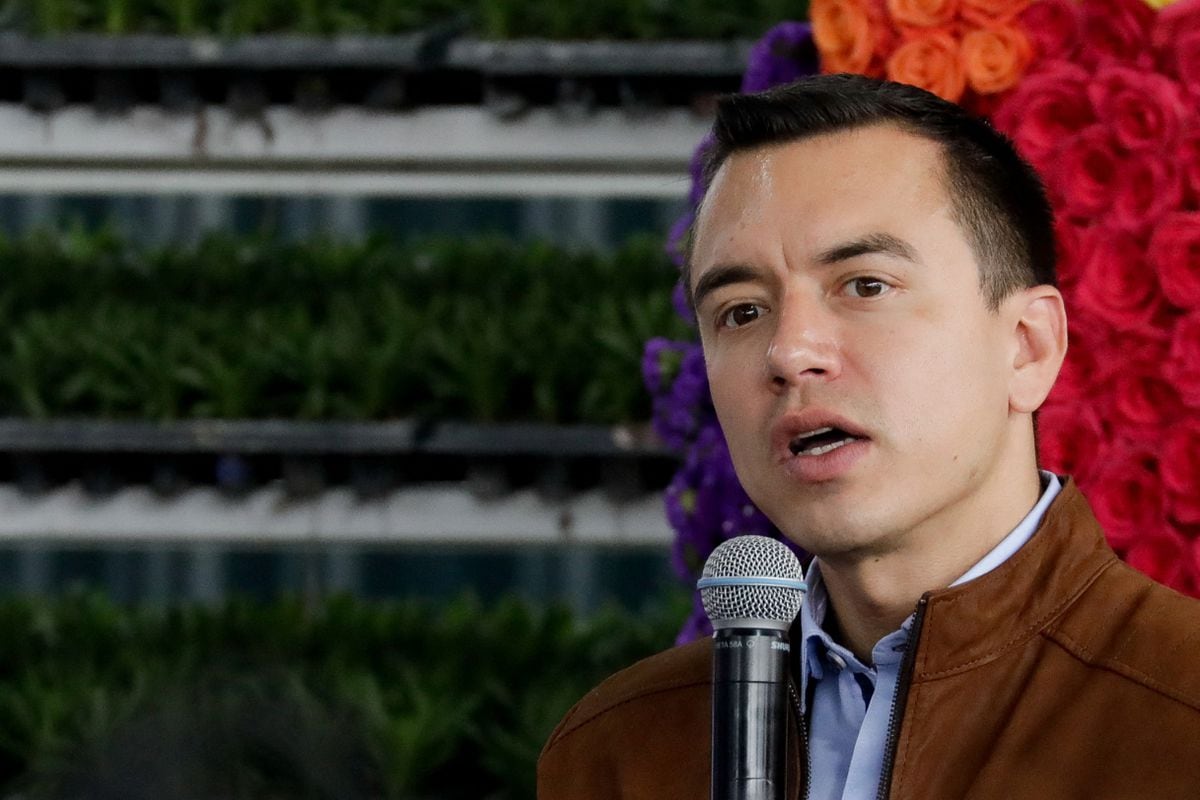
/cloudfront-eu-central-1.images.arcpublishing.com/prisa/DNL7HO6Q7JEGXAADDZOU7HVF2I.jpg)